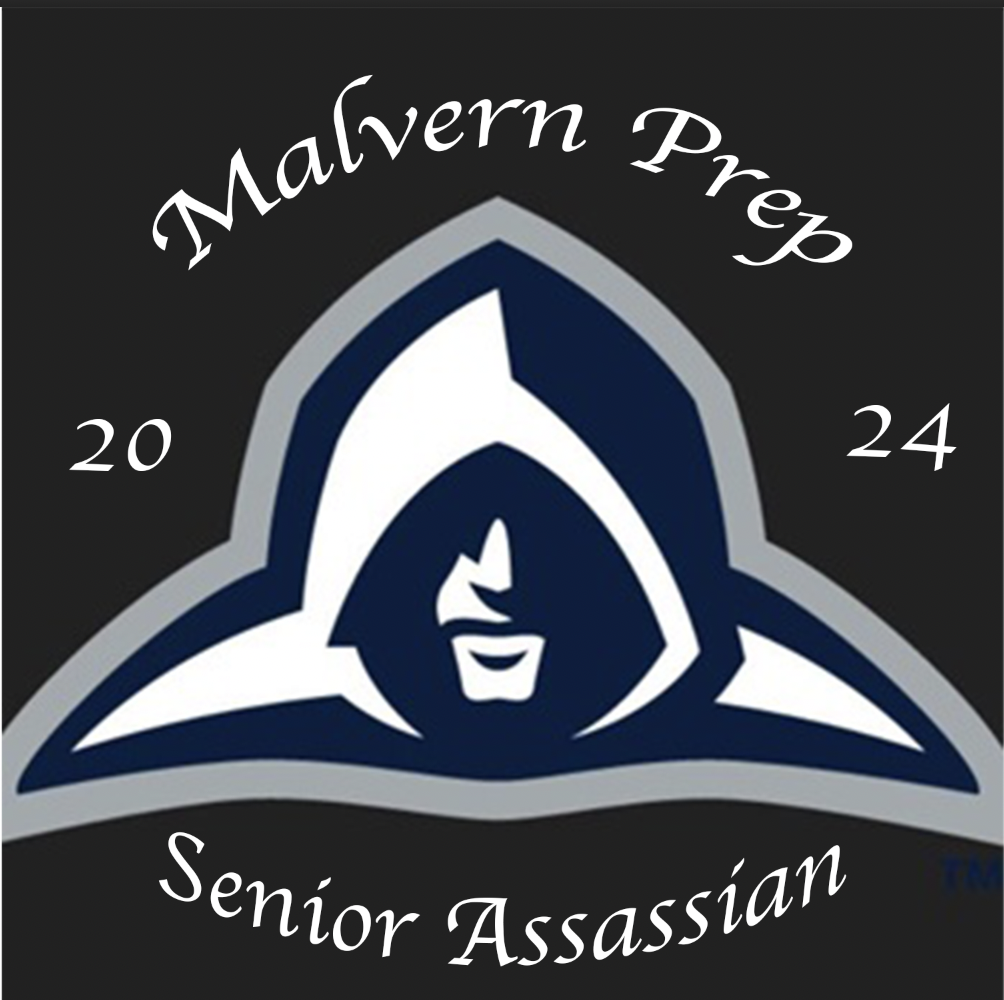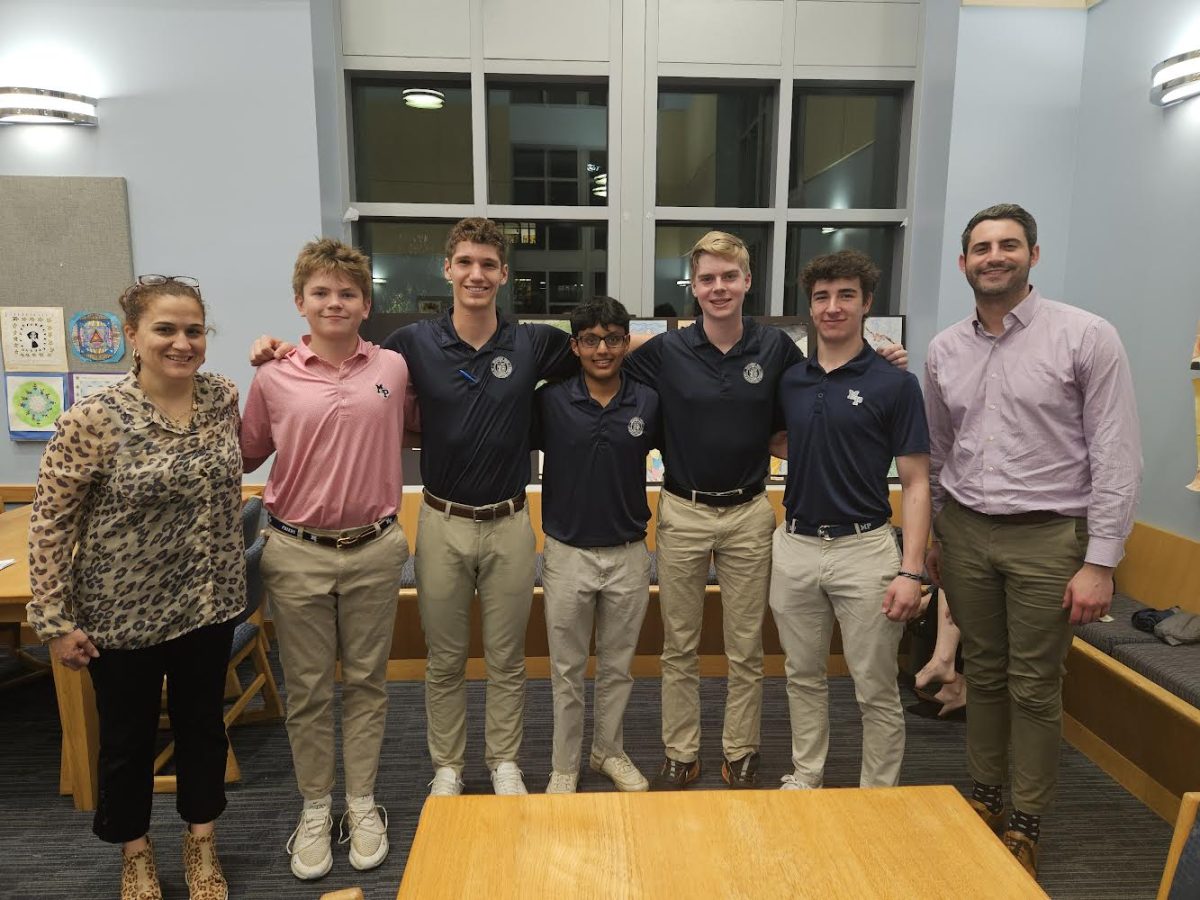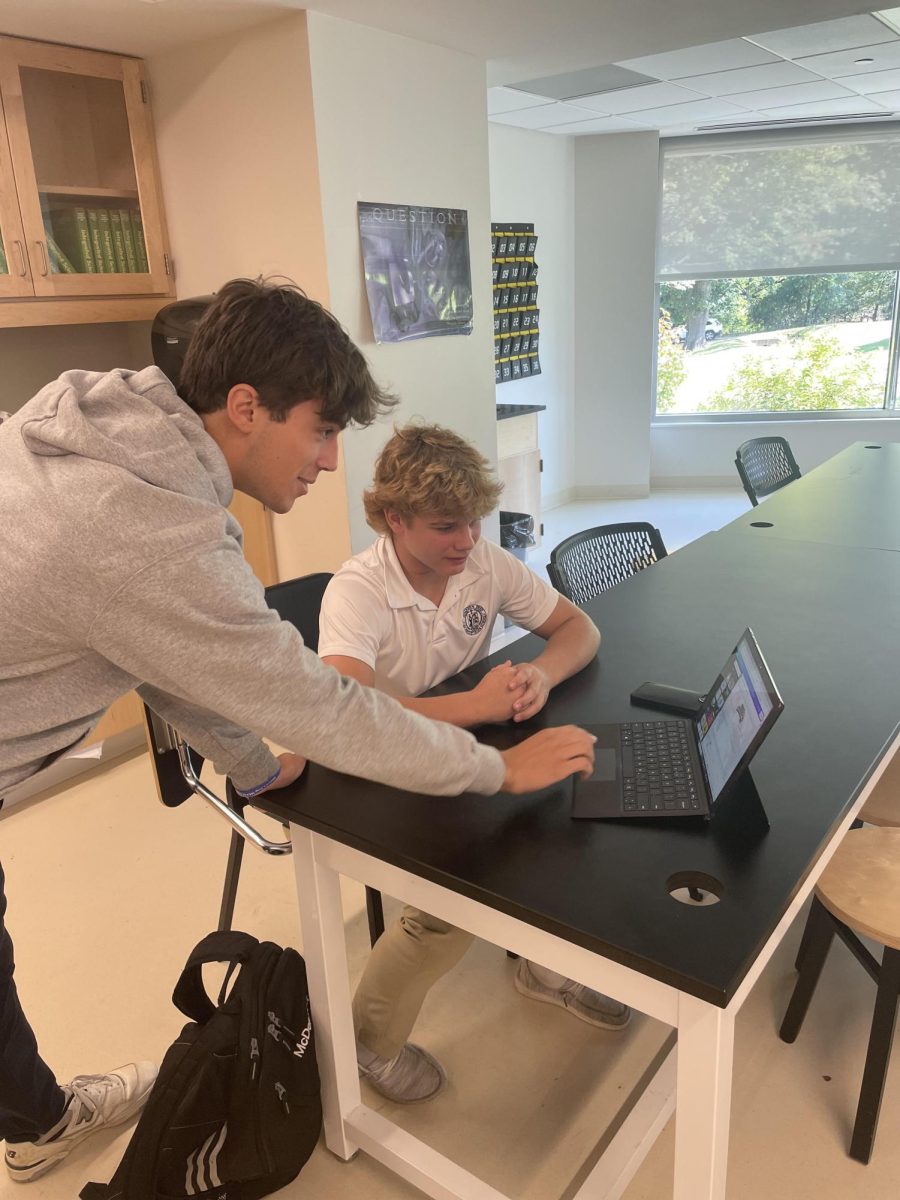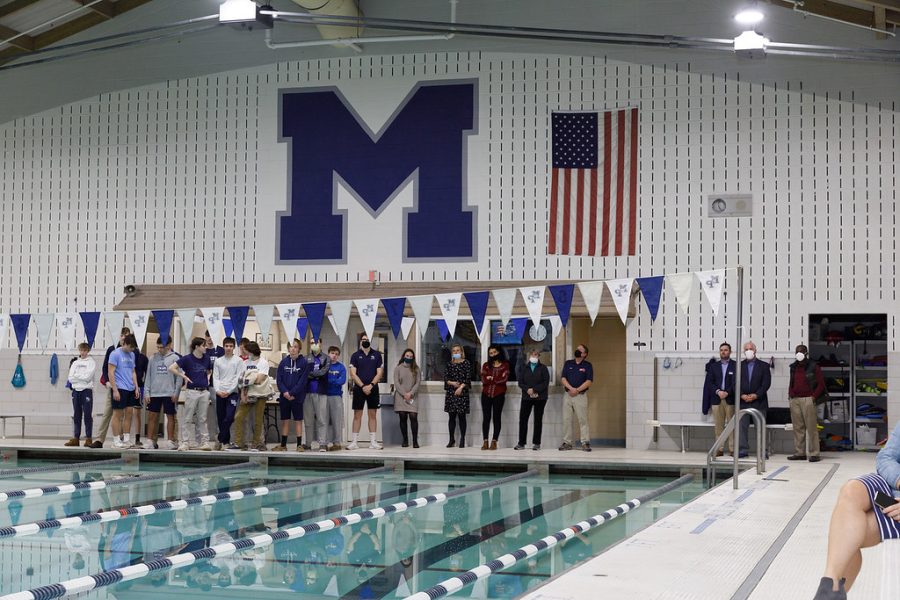From skipping class for political rallies to an exclusive interview with Trump in Scotland, Kevin Cirilli ’08 shares his experience as a political reporter.

Kevin Cirilli ’08 spends almost every waking moment chronicling the campaign of Republican nominee Donald Trump.
Cirilli, a native of Delaware County, has worked as a political and policy reporter for Bloomberg News since October 2015. He previously worked with other Washington DC news outlets The Hill and Politico.
He contributed reporting on the Penn State child sex abuse scandal to Newsweek, The Daily Beast, Philadelphia Magazine, and CBS Radio. He majored in Journalism at Penn State University and served as Campus Editor for the Daily Collegian.
We spoke with Cirilli after the Trump rally on October 1 in Manheim, Pennsylvania, and he answered a few follow-up questions via email.
How did you get into political reporting?
When I was in high school, I would skip class during the 2008 presidential primaries to go to political rallies. I was born a news junkie. I read books like Fear and Loathing.
I knew all the candidates’ speeches because every Sunday, my parents and I would watch Tim Russert on “Meet The Press.” So at the rallies, I’d go up to the journalists in the back and ask them, “How did you get your job?” To me, they had the coolest job in the world.
It never occurred to me that I could turn my passion for current events into a career until I got to Penn State. My parents encouraged me to try out for the student newspaper. Somehow, I made the cut. And honestly, it just went from there.
Like anything, things just sort of fell into place and now I’m a reporter for Bloomberg, where I’ve covered the Trump campaign for more than a year.
To the kid skipping class to go to political rallies: Keep your chin up.
Why did you get this assignment to cover Trump?
[perfectpullquote align=”right” cite=”” link=”” color=”” class=”” size=””]“25 to 27 is a formative chapter in anybody’s life, and I’m no different. I just happened to live out my mid-twenties covering one of the most chaotic presidential campaign cycles in American history.”[/perfectpullquote]
This is a funny story.
It was my first day on the job. My original assignment was to cover financial services in Congress, which I had covered for several years prior. But there was such a crowded Republican field that my editor took me aside and said, “We need you for the next four to six weeks to cover Donald Trump and Ben Carson. We need all hands on deck.” Up until that point, the only campaign I’d ever covered was a student government election at Penn State. My boss just looked at me and said, “Don’t worry.”
I was 25 years old the first time I took the elevator up to Trump’s office in Manhattan’s Trump Tower. I will be 27 years old by Election Day – 25 to 27 is a formative chapter in anybody’s life, and I’m no different. I just happened to live out my mid-twenties covering one of the most chaotic presidential campaign cycles in American history.
What were some of your most memorable experiences in the last year and a half?
I will never forget sitting with Donald Trump, his campaign staff and members of his family in Scotland at one of his golf course restaurants. I interviewed him over fried fish and chips, and in between questions he took chips from my plate. Meanwhile, across the pond, as they say, my sister was in labor with my first nephew.
I literally boarded the plane when my nephew was born and I had just gotten an exclusive with Trump on the same weekend as Brexit. I cannot wait until my nephew is old enough for me to share that story with him.
Through your experience with Trump, can you draw a few contrasts of Trump in the media and the real Donald Trump?
With Trump, what you see is what you get. That’s why people love him and loathe him.
Can you describe a typical day on the campaign trail?
There’s no typical day on the campaign trail. I’ve seen parts of the country we’ve all overlooked. I live out of a suitcase. I live in hotels and in airplanes. I’m always in an airplane. I go from one city to the next. I attend political rallies. I text and email and call all my sources all throughout the day. I eat a lot of pizza. I write stories. I tweet the stories. I talk about the stories on TV. I try to run as much as I can. I start early and finish very late at night. And then I do it all over again. The only routine is that there’s no routine.
And no sleep until November.
After November what comes next for you?
I’m pumped for what comes next. I hope I give myself time to process how this chapter of my life impacted me – how this journey helped me grow. Who knows, maybe one day I’ll even share part of that story. I know for certain, though, that I’ll apply what I learned and discovered while on this journey for the rest of my life.
What have you learned the most while talking to voters?
I’ve always loved and appreciated being an American, always. But to see the sacrifices that people of all different backgrounds make to just share their stories? That’s been moving. That’s why I’m drawn to journalism – those stories. Not stuff like Twitter.
I saw those stories firsthand when I covered the Jerry Sandusky trial and I’ve seen it everyday while on the trail. Look, Donald Trump is a hell of a interesting guy to cover. But covering Trump is more than just writing and tweeting about Trump. It’s the voters – the people that attend the rallies to support or protest Trump – those are the people who interest me even more than him. I hope people get that about me.
And there have been tense moments on this campaign – I’ve seen it firsthand. I’ve been on the frontlines of it for a year and a half. But I’ve also seen moments of great grace, hope and defiant courage. My dad would always say that you take the good and the bad – you learn from the bad, but you focus on the good. It’s all about perspective.
What were the main motivations of the people you talked to?
No two stories are the same. But I think that Americans of all political ideologies, whether they’re Democrats or Republicans are incredibly mistrusting of institutions as a whole, particularly since the 2008 collapse. And I think that this election cycle is a reflection of institutions failing Americans.
Both public and private institutions?
Public and private institutions. From the government to financial to sports to religious to education.
Was there any place that stuck out as different or memorable?
Beaumont, Texas. It reminded me of a scene right out of the book Friday Night Lights, and it was the day right after the Paris attacks.
Seeing Donald Trump pack a stadium in middle-of-nowhere-Texas the day after the attacks and hearing him discuss — in his way — national security to his audience was incredibly foreshadowing of the contours of the race.
Another place that sticks out is Mexico City. It was so last minute that I literally did not have time to bring a suitcase. I just showed up to the airport with my backpack and headed South of the Border for a Trump press conference. Des Moines, Portsmouth, Sarasota… they all sort of blur together at this point.
Candidly, the place that has meant the most to me – for so many different reasons – was covering Trump in my hometown. It was incredibly surreal that a decade after I used to skip class… it all just came full circle in Delco. I am so proud of where I grew up and I’ll always identify with it.
Have you noticed a change in atmosphere during the campaign since the first debate?
The race has become more intense, particularly the rallies and also the discourse surrounding both campaigns. There have been several “October surprises,” to say the least.
We’ve heard a lot of anger directed at the media during this campaign cycle. How would you respond to perceptions that the media is biased and untrustworthy?
I’m under no illusion that many Americans are mistrusting of the media. It’s not really my style to take a “woe is me” approach on this issue or to inject myself into becoming part of a story that I’m in the middle of covering. Have I had some rough encounters with Trump protestors and Trump supporters? Of course. But I’m less interested in absorbing it on a personal level. I’m more interested in understanding what that level of disdain directed at journalists says about the pulse of our political culture right now. All I can do is be myself and report facts in a way that feels authentic to my character. That’s my only job.
Who were your biggest influencers at Malvern?
To me, my parents are each my greatest influencers. They deserve all the credit for encouraging me to try out for the student newspaper in college. They thought I’d make the cut when I questioned if I was good enough.
I do remember my English teacher Mr. Roper always telling me to, “Keep my chin up.” That’s a mantra that I’ve repeated when I covered the Jerry Sandusky trial and also covering Trump.
Have there been any curve balls or big challenges you had to overcome?
Yes. But life is full of obstacles — that’s what makes it an adventure. Professionally speaking, any job in any industry presents challenges. So of course there are rough days on the campaign trail. You’ve all seen the news. But Delco doesn’t quit. It’s not in my DNA.
I consider it a huge privilege to chronicle this chapter of America’s history – particularly in my twenties – up close, raw and unfiltered. I’ll never forget it.
Given your experience over the last year and a half, would you cover another presidential race again?
Yes. Hell yes. Yes. Absolutely. I’m not intimidated by the political world. That said, I have many interests.





